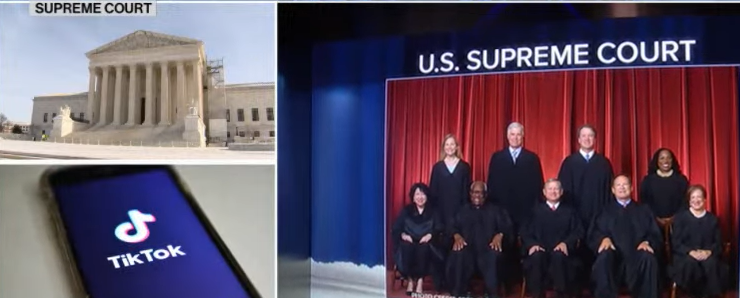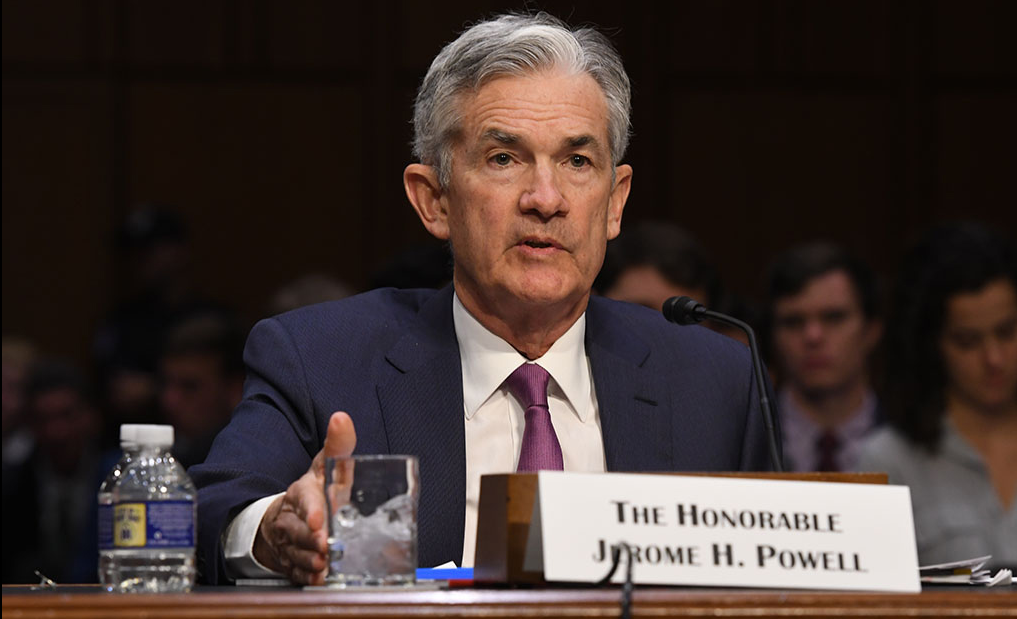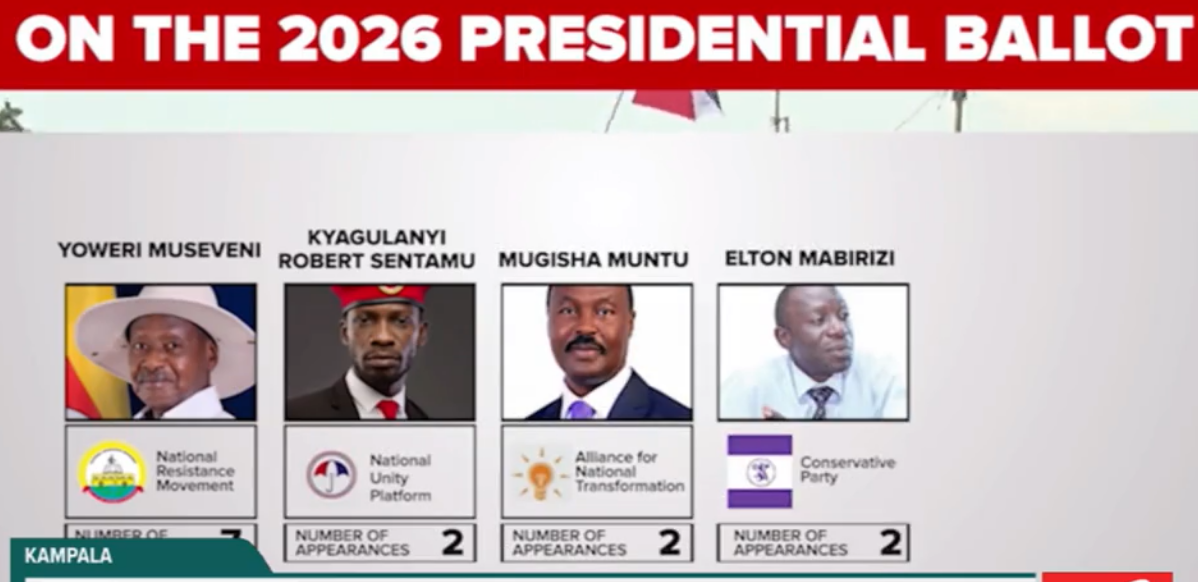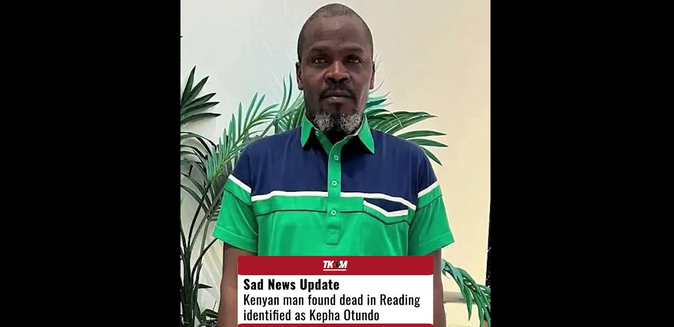By Free Press
Photos: YouTube Screenshots
WASHINGTON — The Supreme Court on Friday heard arguments over the fate of TikTok, a popular online platform that half the people in the United States use. The case was brought before the court after the network’s owner, ByteDance, challenged a law that gives it until Jan. 19 to divest its ownership or face a nationwide ban on the distribution and hosting of TikTok’s mobile app and content.
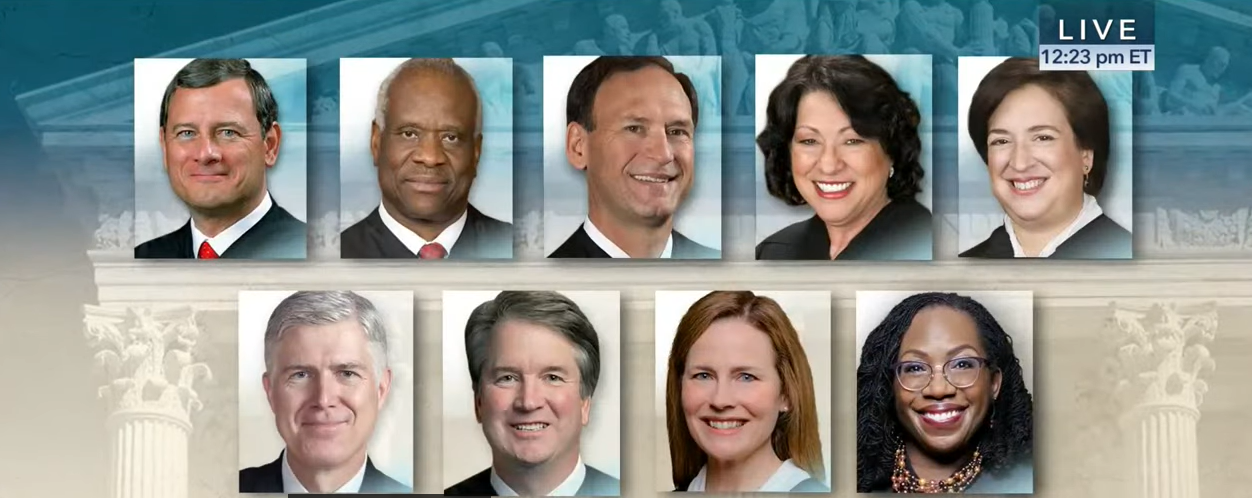
Last month, Free Press joined the Knight First Amendment Institute and PEN America in an amicus brief urging the Supreme Court to strike down the federal TikTok ban. The groups argued that the ban violates the First Amendment by unjustifiably restricting Americans from accessing ideas, information and media from abroad. The groups also reiterated that this law fails to address legitimate privacy concerns by singling out TikTok for invasive data-collection practices found on the vast majority of websites, mobile apps and other platforms that people engage with every day.
During Friday’s arguments, justices weighed the importance of these First Amendment freedoms against claims that TikTok’s Chinese owners pose a threat to national security.
Free Press Policy Counsel Yanni Chen said:
“The oral argument at the Supreme Court underscored the fact that the TikTok ban is ultimately about the content and viewpoints expressed on the app. That makes this restriction a blatant speech regulation invoking First Amendment concerns.

“The government certainly has legitimate concerns about safeguarding Americans’ personal privacy from foreign manipulation — but this law is a total mismatch for that secondary rationale. As the oral argument showed, singling out TikTok fails to solve the urgent problem plaguing our digital lives and ignores an entire business sector dedicated to continuously harvesting our data and then selling it to the highest bidders in the United States and abroad.
“The best way to protect people’s privacy is to pass comprehensive data-privacy legislation. This is a far less censorial approach, and one that would address the harmful data practices that U.S.-based companies, U.S. law enforcement and the domestic intelligence community all use. The widespread use of data-harvesting practices alone exposes the government’s faulty logic and illustrates the need for reversal of the D.C. Circuit’s ruling upholding the TikTok ban.
“TikTok creators and users in the United States have a First Amendment right to engage with ideas and foster communities on this platform. But we strongly disagree with the government when it comes to its claims that this law does not implicate that speech, or that this law does not grossly defy our country’s history and traditions or the ideals of free expression that sit behind them. As with repressive laws from oppressive regimes around the world, the real toll of the ban will be on everyday people — in this case, the 170 million U.S. TikTok users, many of whom use the platform to organize communities and express views that legacy media often ignore. Banning TikTok in this way sets a dangerous precedent that could pave the way to future government interventions against online speech.”
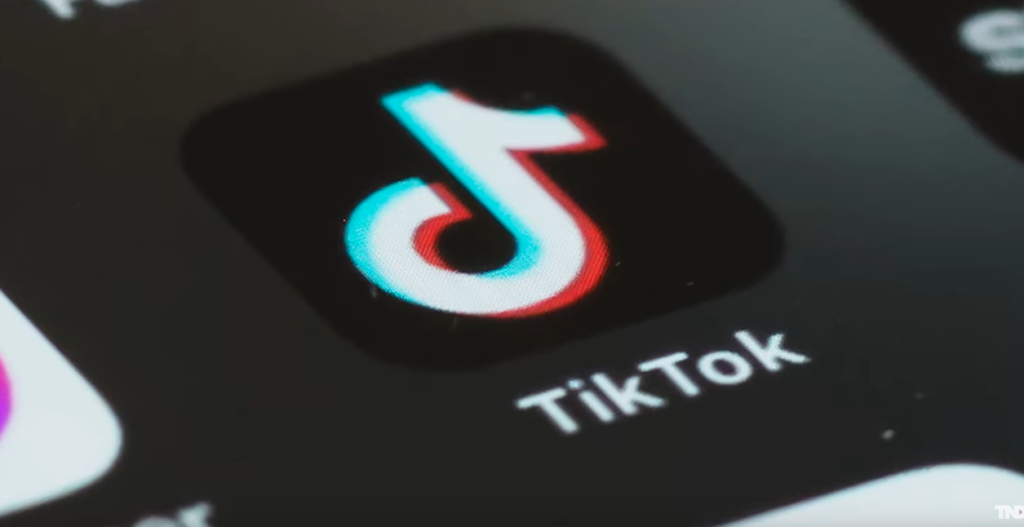
Free Press is a nonpartisan organization fighting for people’s rights to connect and communicate. Free Press does not support or oppose any candidate for public office. Learn more at www.freepress.net.
